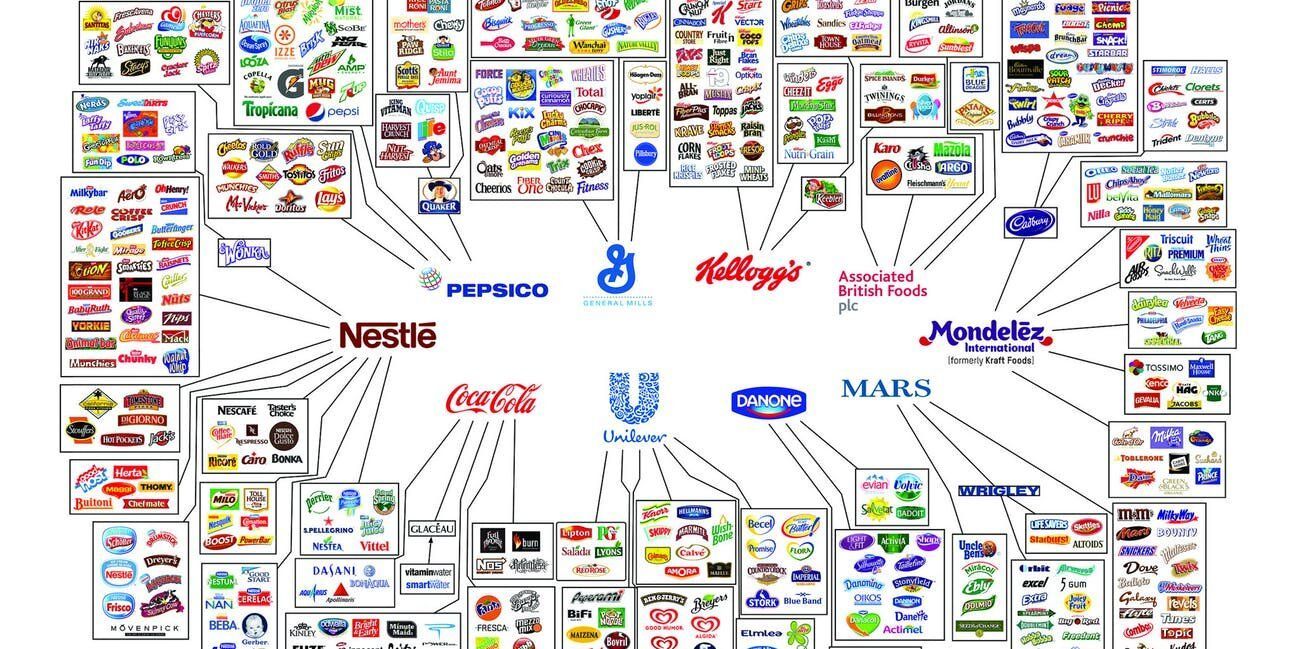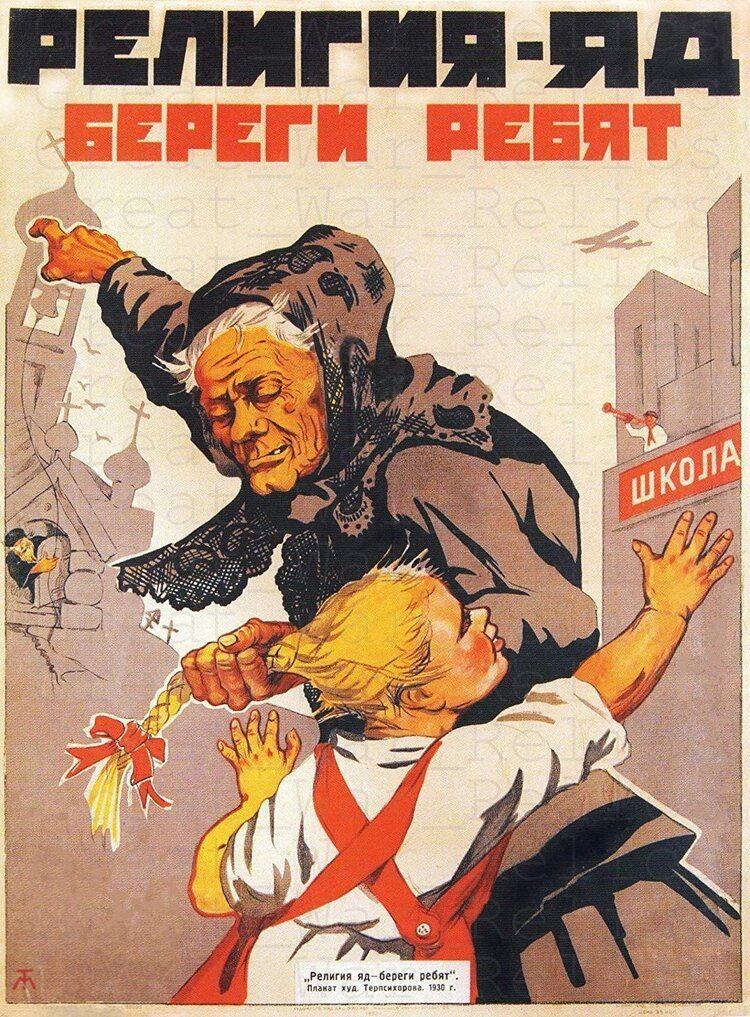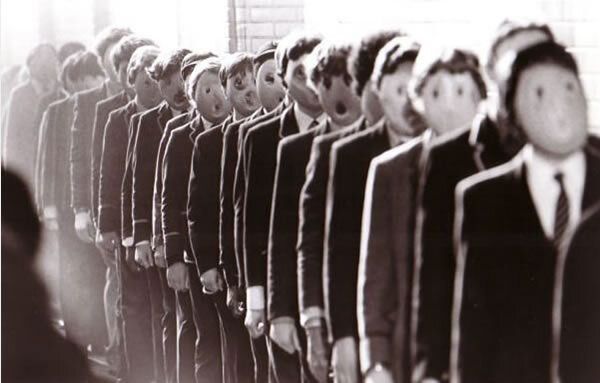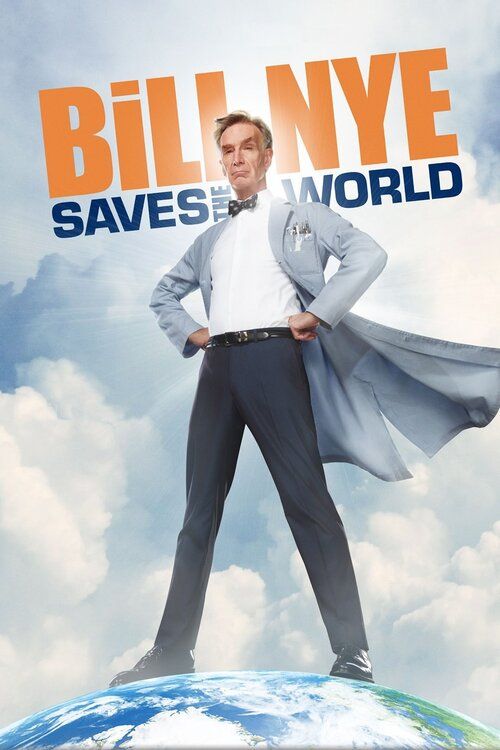"Democracy is two wolves and a lamb voting on what to have for lunch."—Benjamin Franklin (allegedly)
Welcome to today's episode of the How to Scam the Planet series, dear scammer! In this edition, I will teach you how to take control of large populations by giving them "freedom of choice."
You will learn:
- that democracy is a great way to keep your population in check while simultaneously making them think they are free;
- the tools you need to put your plan into action.
Let us begin!
What Is This Beast?
Dear scammer, to learn a new skill, you first need to know what you are about to exploit. Let us refer to the Merriam-Webster dictionary for the definition of democracy:
“a) government by the people; especially rule of the majority b) a government in which the supreme power is vested in the people and exercised by them directly or indirectly through a system of representation usually involving periodically held free elections”
Sounds awfully familiar. It is all they talk about all day every day, is it not? "We, the people!" is the cry of modernity. But where does it come from?
Whence It Came
Democracy, as a political system, is not a new concept. The word derives from the Greek dēmokratiā, consisting of dēmos ("people") and kratos ("rule"). The first references date back to the 5th century BC to the territory of modern Greece. Greece itself, like other territorial units at the time, was not a fully centralized country but rather a union of various city-states like Athens, Sparta, Corinth, and Syracuse. Each city-state had its own independent government that could experiment with different methods of rule. And experiment they did, with Athens leading the way of the early democratic establishments.

You can, of course, argue that electoral forms of rule go all the way back to hunter-gatherer societies in which tribes elected their elders to decide upon matters of importance. But there was no solid concept of politics at that scale, so I prefer to start when society was already more organized.
It is important to note that the democracy of Ancient Greece was quite different from the one we experience today. While the rule of the majority was its central concept, the ones who were allowed to vote were usually in the minority. Which minority? Educated, established, wealthy, respected individuals. So, in reality, it was the rule of the majority of the minority. Essentially, a modified version of aristocracy, in which aristocrats had to compete for government positions rather than have the right to rule solely based on their social status. In other cases, the electorate was much broader, with any male of 18 years of age able to vote.
In Italy, another large center of political experimentation, democracy was known as republic (rēs, meaning "thing" or "affair," and pūblicus or pūblica, meaning "public"). The main city-states practicing the "rule of the people" included Rome, Venice, Siena, Florence, and Pisa. Like Greek democracies, Roman republics allowed only a small fraction of their population to take part in the political process. An increase in voters usually came as a result of an uprising by those who wanted to be included in decision-making (knights, merchants, military men).
Due to conquest, civil wars, and corruption, many city-states saw a decline in democratic processes and a return to authoritarian rule.
What we understand as democracy today started taking shape in the 17th century in England.
"An important break in the prevailing orthodoxy occurred during and after the English Civil Wars (1642–51), when the Levelers and other radical followers of Puritanism demanded broader representation in Parliament, expanded powers for Parliament's lower house, the House of Commons, and universal manhood suffrage."—Encyclopaedia Britannica
Later in the United States, after the Declaration of Independence, its Founding Fathers chose the path of representative democracy as they had experience with it under British rule. As opposed to universal suffrage (also known as popular vote), representative democracy was based on electing representatives from smaller territorial formations—a more suitable option for a newly-formed country that spanned from coast to coast. The country was divided into a hierarchy of regional units whose representatives would eventually form the US Congress. Officially, the United States of America is considered a republic.
To sum up, today we have two forms of democracy that employ either:
- Universal suffrage (Russia, France, Germany, Argentina, and many more), or
- Representative voting (the USA, the United Kingdom, Canada, and others).
The Tools of Democracy
Whether the country that you want to take advantage of has popular vote or indirect democracy plays but a small role in your megalomaniac plan and mostly affects logistics. To scam the population, you need several tools in your scam-kit. What are they?
Illusion of Choice
Democracy is based on the right of the people to choose, or elect, their representatives. But how would they know who is a suitable candidate to rule them? To better deliver their messages to the masses, prospective public servants had to organize.
"A political party is an organized group of people who have the same ideology, or who otherwise have the same political positions, and who field candidates for elections, in an attempt to get them elected and thereby implement the party's agenda."—Wikipedia
A multi-party system sprang up almost in all democratic states to provide politicians with platforms upon which to spread messages of the bright future they were going to deliver. Typically, a couple of parties dominate the political scene in a given country (the Democratic and Republican parties in the United States, for instance), with the others being in the minority or unrepresented at all. Sometimes, independent candidates, i.e., ones that do not have an affiliation with any party, run for office, but those are rare examples with low rates of success.
Having several parties is good—people have a choice, do they not? They do, but it is that type of choice that you normally get in a supermarket: the majority of the glossy-packaged industrial junk food you find on the shelves, with all its diversity, is owned by a handful of corporations.

Remember how international financiers love to profit from funding both sides of the war? What makes you think they would not use this extremely successful tactic domestically? They will, and they absolutely do.
"Today politicians, who still have the audacity to call themselves public servants, are the obedient executors of the trans-national global corporate elite. These politicians are actors who are cast to perform in opaque screenplays written by top corporate power brokers and marketed to the public like products".—Gilbert Mercier, The Illusion of Democracy
As a result, the electorate has a few options to choose from, but all those options are controlled one way or another by the same interests. Sometimes they may seem radically different (left, centrist, right), but it is actions that we must evaluate, not words. One needs but a bit of awareness to notice the pattern: there is a new populist face you working hard to rain riches and happiness upon you. But does it really change anything?
"Change it had to come
We knew it all along
We were liberated from the fold that's all
And the world looks just the same
And history ain't changed '
Cause the banners, they are flown in the next war"
—The Who
The illusion of choice is one of the most essential tools a scammer has to dupe the victim into submission. It works.
False Reality
"Make the lie big, keep it simple, keep saying it and eventually they will believe it."—Joseph Goebbels
If you are a slave master, it is much easier to control your stock with pure muscle. You may have a dozen or even a few hundred servants, but that is a number easy enough to manage. But what if you want millions of people to do as you wish? Such a large mass of individuals is impossible to coerce even in a far-reaching police state.
All of us have our subjective understanding of reality shaped by social interactions and circumstances from the moment we were born. It is based on individual perception of the world that we act. If you could bend people's reality to fit your narrative, they would operate in accordance with the new set of conceptions. In other words, make them believe that black is white, and they will spend their lives defending this ridiculous notion.
"Propaganda is information that is used primarily to influence an audience and further an agenda, which may not be objective and may be presenting facts selectively to encourage a particular synthesis or perception, or using loaded language to produce an emotional rather than a rational response to the information that is presented."—Wikipedia

Propaganda is an ancient art that has found its widest use-case in nation-states. All nation-states without exception use this tool to keep their population engaged with the version of reality sanctioned by the ruling party. You find it in political pamphlets, social and commercial advertisements, movies, art, Internet memes.
Here are some qualities of propaganda:
- messages usually have short and medium lifespans and are focused on the pressing issues of the moment;
- the target audience is from the middle class down to the lowest common denominator;
- it is emotionally-charged to appeal to people's animal nature.
If you dedicate enough resources into the art of duping, you can scam millions into a war they wound normally avoid, into creating enemies out of friends, into acting against their own self-interest. A powerful tool, indeed.
Forced Worldview
No less important are long-term solutions to forming people's understanding of reality. While indoctrination may also be considered propaganda, I prefer to think of it on its own due to longer time-frames required to achieve goals.
From Merriam-Webster:
"to indoctrinate:
1: to instruct especially in fundamentals or rudiments
2: to imbue with a usually partisan or sectarian opinion, point of view, or principle"

As opposed to propaganda that may last from a few days to a few years, indoctrination may take generations to fully calcify its effects in people's minds. Often, this process never stops.
While you may remember examples of indoctrination and re-education camps from the history of the 20th century, as well as recent examples, the largest and, by far, the most successful ones around the world, go under the name of "public education."
Young fragile minds are the most malleable material you can find among the populace. That is why such a big accent is made on "getting them early." It takes far more energy to re-educate an adult than to imprint required knowledge on the blank slate of a child's mind. Whether you want them to believe in the evils of capitalism, imaginary genders, or an alien threat, make sure to start from kindergarten.
Did you know that in some countries, like the Czech Republic and Austria, you can homeschool your kids only so long as they pass yearly mandatory tests on subjects required by the government? If they fail, you must send them to public school. Otherwise, social services may deem you an unfit parent and forfeit your child. Think about what it really means.
Get them early, and they will do as you please.
Scientism
Using propaganda to make people believe that black is white is one effective method. What about more complex issues? Things that generally require scientific inquiry, research, collaboration? Like diet, climate change, economics? They can be rigged, too, of course.
How would you go about this scam? By taking over the people who produce this knowledge.
When a woman goes to her doctor and gets an anti-depressant prescription (because being a single and childless 37-year-old female professional, for some reason, she often feels lethargic), does she question the doctor's expertise, does she resist? Usually no. The doc knows better; he is doing his job. And if the woman gets hooked and cannot go a day without the pill? The white-robe professional is still right. Why? Not because he is necessarily evil. But because that is what he was taught to do.
Our doctor learned everything he knows at a medical school. Who taught him? Teachers, instructors, professors, of course. But this category of knowledge spreaders is often in the same boat with the doctor: they only parrot what they learned when they were students.
So, going deeper, we need to shift our attention to the textbooks themselves. Or, more precisely, their authors. While some of them only re-write and adapt other people's work, many are the origin of the knowledge within those manuals. Can they put anything they want into the textbooks that will become the basis for the education of thousands or even millions of students? Of course, not. You see, they have to prove their hypotheses first by writing papers, publishing them in academic journals, and receiving approval from the scientific community. When there is consensus, this knowledge can be adapted into actual manuals and taught at educational facilities.
It does not sound like a bad system, does it? Indeed, until you remember that academics do not only get their salaries from colleges and universities but also receive government grants for research purposes. And herein lies the problem.
"Academia is to knowledge what prostitution is to love; close enough on the surface but, to the nonsucker, not exactly the same thing."—Nassim Taleb
Why would Taleb be so harsh? Because it makes sense. When you go to a prostitute, you likely expect her to produce specific results, not whatever she feels like doing today. Remember that the government is controlled, for the most part, by corporate interests. Corporations are for-profit enterprises, which means that everything they do is purposeful: more money and power is expected as a result of any undertaking. They do seek specific results when they allocate money. If academics want to keep receiving those grants, they need to produce whatever is required. This results in research that fits the desired outcome instead of the other way around (the correct way). These scientists are given a square wheel and required to write a paper on why it makes sense!
You can now see that to impose certain knowledge on the population of your country, if not the whole world, you need to own individuals who produce this knowledge. It is not even that difficult: rent-seekers love the security of a regular paycheck (especially a large one!), and they will do everything to keep it.
"The three most harmful addictions are heroin, carbohydrates, and a monthly salary."—Nassim Taleb

The scientific community as a whole, when affected individually by these grants, becomes representative of corporate interests. There is no search for Truth anymore, only fast-paced high-time-preference living fueled by grant money. Note that, while these people's "scientific discoveries" affect millions of lives around the world, they are not responsible in the slightest for any errors in their fabricated research. When a job is done, they jump onto the next one. They are content creators with no skin in the game, nothing more.
Do I mean to say there are no real scientists left in the world? Of course, not. Human Spirit is alive and well. But going against the well-oiled machine usually gets non-believers in trouble. Their colleagues will laugh at them, the media will scourge them, and their career may be over in a matter of days. This fanaticism and intolerance towards opposing opinions in academia is why people came up with the term Scientism. There is no Science anymore, only an organized religion that pretends to be it.
And religion, as we know, is a powerful tool of control.
Honorable Mentions
The methods mentioned above are the most widely used ones in modern democratic states. They are so ingrained into the fabric of society that, to the majority, they pass unnoticed. I will mention a few others that you, dear scammer, may choose to use depending on your locale and its characteristics.
Limited-Time Offer
Elected representatives usually have an expiration date. Their terms may last four or six years, some can occupy the same chair a few times consecutively, but sooner or later, it ends.
"It is the essence of democracy! If they do not perform, we will choose others next time!" That is what most people think.
I implore you to look at it another way: if you knew that you had limited time in office (say, only four years as the President), would you feel as committed to your position as a monarch who stays in power until death? Do you care about a rental apartment as much as about your own place? Clearly not.
The question of responsibility is a loaded one. When you know that your time is limited, you have a sense of urgency to take advantage of all the powers given to you and act frantically, without much regard for the future. The result is squandering, more wars, silly laws and regulations. You, however, are completely devoid of any personal responsibility. The term ends, you are no longer in office, and all your deeds are now inherited by the lucky successor. You can, of course, be thrown under the bus by your puppet masters once in a while, but generally, count on a comfortable retirement.
Divide and Rule
"Divide et impera."
One of the oldest tricks of politicians and military men is the "divide and rule" technique. It is easy to explain: a homogenous mass of people with similar beliefs, convictions, and culture is a lot more challenging to conquer than a people broken down into multiple competing factions based on race, religion, gender, and even food preferences.
A populist knows well that the smaller the faction, the fewer independent thinkers it may have. Today, you cannot go about minding your business without hearing about this or that subset of population or minority struggling for survival. It is the poor against the rich, blacks against whites, women against men, Muslims against Christians, gays against straights, vegans against carnivores.
Appeal to these groups, pretend you care about them, promise solutions to their problems, and they are yours. Watch any electoral campaign at least with a drop of impartiality, and you will see what I mean.
Money, Get Away
Money itself is weaponized these days. In How to Scam the Planet, Part 1: Money, I went into detail about how the process of turning money into a means of mass control started.
In fact, it allows for the creation of the desired class warfare mentioned above. The only thing that central banking does well is to increase the gap between the rich and the poor, escalating the tensions between the casts.
The market inefficiencies and financial disasters that the redistributors of wealth in democratic countries cause are far too many to list here. One thing you need to know is that, in economic terms, the word "democracy" is but another label for the same destructive system that has claimed hundreds of millions of lives and impoverished many more.
"Democracy has nothing to do with freedom. Democracy is a soft variant of communism, and rarely in the history of ideas has it been taken for anything else."—Hans-Hermann Hoppe
It is no wonder that socialism and communism are, once again, gaining traction in various parts of the planet. They never went away!
Good Intentions
"The road to hell is paved with good intentions."—Proverb
Dear scammer, I hope you can now see that scamming whole populations is not only possible but has been and is being done as we speak. This guide is in no way comprehensive, but I hope I provided a solid base which may point you in the right direction.
As you can see, almost any method used to create a subservient class of followers is wrapped around the idea of helping them, saving them from the evils of the world as well as from themselves. Show them the light, promise paradise, lead them to salvation, and they are yours forever.
Can I Have My Democracy?
What if you genuinely have good intentions? Can you use democratic principles to govern the country well?
History shows us that it may be possible. The larger the territory and the population, however, the more difficult it becomes to manage it. You simply do not care enough about things you do not see.
Greek city-states were small enough for politicians to be within walking distance from anybody displeased with their work. Public servants themselves walked the streets of their city daily and saw with their own eyes its deficiencies. Compare it with modern nation-states that, at times, cover whole continents. It is physically impossible to manage any of it efficiently, no matter how good a power vertical you set up.
Therefore, in the question about the validity of democracy, the bottom line is scale. And scale it does not.
Democracy is a scam. Whether it was designed as such or taken over by evil psychopaths does not matter. Democratic states have indeed provided a higher degree of freedom to individuals than closed dictatorships resulting in a higher pace of progress. But do not think that, because you can choose what to do with your life, you possess absolute freedom. First of all, your choice is limited (consider regulations and other barriers to entry). Secondly, you have to pay for it (think taxes). A golden cage is still a cage.
That said, what are you going to do about it?
How to Scam the Planet is a series of articles that explore how billions of people on earth have been led to accept false realities as truth. Together, we get in the shoes of scammers and learn how they invent fraudulent schemes and execute them successfully on a global scale. Stay tuned for more updates!

